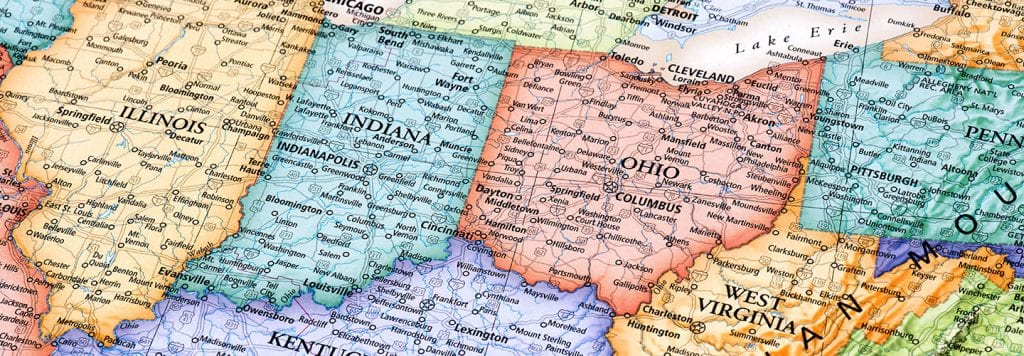
H.B. 110 Gives Employers, Municipalities More Time To Address The New Flexible Work Environment
When Ohio Governor Mike DeWine ended the COVID-19 state of emergency on June 18, the countdown started toward the end of the oft-discussed municipal income taxation protections as it related to Section 29 of House Bill 197. Section 29 of H.B. 197 allowed employers to continue to withhold at an employee’s principal place of work, even though they may be working at their residence or elsewhere as a result of COVID-19 pandemic precautions. Section 29 of H.B. 197 stated that this protection for employers was to end 30 days after the state of emergency declaration was lifted. Therefore, without any further legislation, the protection was slated to end on July 18, 2021. However, with Gov. DeWine signing Ohio’s biennial budget into law with H.B. 110, Section 757.40 of the budget remediates the obscureness around the intent of Section 29 of House Bill 197 and would appear to be at least a partial win for all parties affected, including employers, employees, and Ohio’s larger municipalities, who rely heavily on income taxation to meet their budgetary needs.
Read on to find out what H.B. 110 means to you and your employees.
Listen to episode 282, “How Do Remote Workers Affect Your Taxes,” on Rea’s award-winning podcast, unsuitable on Rea Radio.
What H.B. 110 Means To Employers
From the perspective of employers, the H.B. 110 protects the original intent or H.B. 197, which was to protect the employer from being assessed tax, penalties, or interest by any other municipal corporation for net profit tax or municipal income tax withholding purposes for employees working elsewhere as a result of the COVID-19 pandemic. This is, however, as long as the employer withheld wages to an employee’s principal place of work. Additionally, the bill extends these protections until Dec. 31, 2021. This means, if you haven’t already arrived at a decision regarding how your organization will address the remote work issue, you still have time. Just don’t let these conversations stall. Your goal is to have a plan in place regarding remote work prior to Jan. 1, 2022, to avoid any unforeseen withholding and municipal net profit tax liabilities.
How Employees Will Benefit From H.B. 110
The good news: H.B. 110, provides some answers regarding whether qualified employees can claim a tax refund if they issued overpayment in their municipality of residence.
The bad news: H.B. 110 only addresses the 2021 tax year.
This means we still don’t have an answer regarding whether employees can claim a tax refund if an overpayment was made to their municipality of residence in 2020. Or, to be more specific, from March 9, 2020, when the state of emergency was declared, to Dec. 31, 2020. At this point, it is up to the courts to decide whether a refund can be issued to qualified employees who paid taxes to a municipality where they neither lived nor physically performed services for the 2020 tax year.
Additionally, with respect to any refund request made by an employee pursuant to H.B. 197, a municipal tax administrator may not require documentation from an employer other than a statement verifying the number of days the employee worked at the employer’s physical location during the taxable year as well as verification that the employer did not refund any taxes withheld to the employee.
[LISTEN] Telecommuting: How To Embrace The Workplace Of The Future
Where Will Future Funding Come From?
Excluding 2020, at this point, Ohio’s larger municipalities appear to have bought some time when it comes to solving the problem of replacing at least a portion of their tax base as many employers are expected to allow increased flexibility going forward with regard to their employee’s work situation. Depending on your business, flexibility may look like allowing permanent work-from-home arrangements or simply allowing employees to work from home on an as-needed basis.
By Lamarcus Crowders (Dublin CPA Firm)
Looking for additional insight regarding remote work? Check out these resources:
[WEBINAR] Revealing The State & Local Tax Consequences Of A Remote Workforce
[WEBINAR] Peeling Back The Layers Of Remote Work: Employee Compliance, State & Local Tax, & Payroll
[ARTICLE] Protect Your Business From COVID-19 Cyber Attacks In 3 Steps
